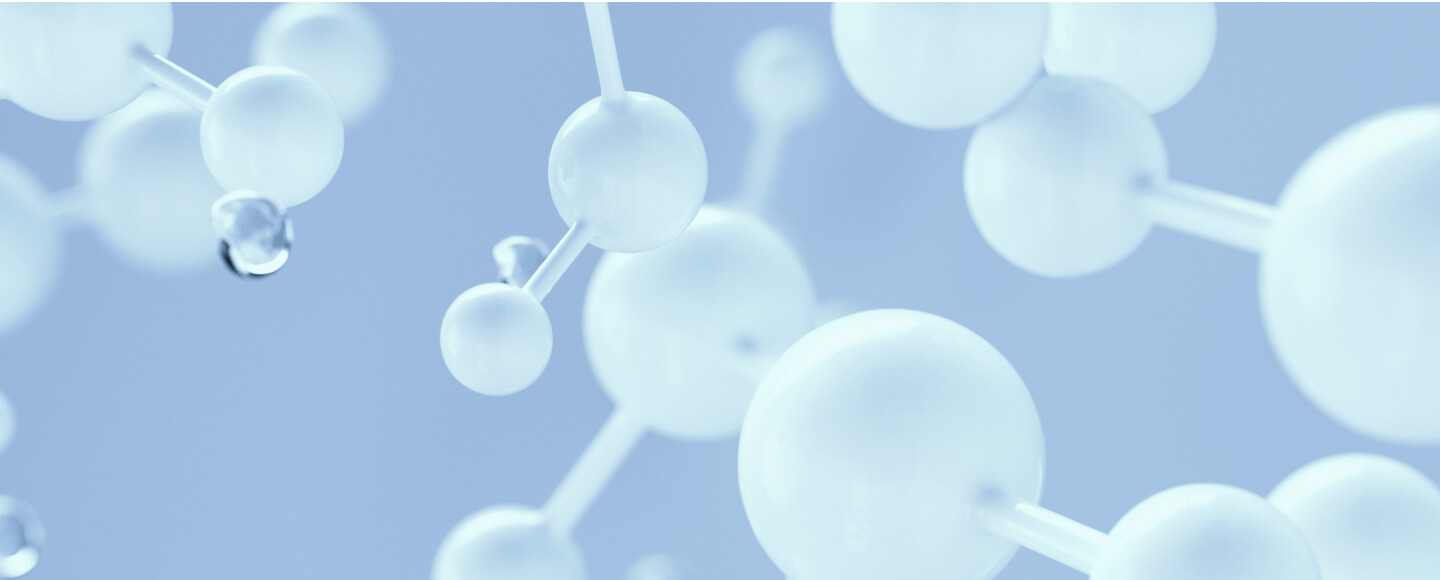
01.
I would like to know the quality of the water from my tap or well, but also whether the Josip Juraj Strossmayer Water Institute can provide me with a water analysis?
Analyses of water for human consumption are carried out by the Croatian Institute of Public Health and the Croatian network of local public health institutes under the administration of Zagreb.
02.
How can citizens help or contribute to the monitoring of water quality in co-operation with your Institute?
If you notice an unusual situation in the water, you can report it (e.g. fish plague, colour change, appearance of foam, etc.) by calling 112 and thus contribute to the common goal of saving water.
03.
Do you need a washing machine service?
Scale is a mineral deposit consisting mainly of calcium and magnesium salts – the cause of water hardness, which slowly precipitates as the water heats up. Hardness causes limescale deposits, i.e. deposits on your pipes, boiler, clogged shower heads, low flow taps, water pressure problems, excessive use of the boiler (and therefore too frequent replacement of the heater), too frequent damage to household appliances (washing machines and crockery) and ultimately a strain on the budget. Heaters with limescale deposits heat the water less (more slowly), which increases electricity consumption. Even if you use 50% less detergent and wash the laundry at the lowest temperature, the results are far better when using soft water than when using the recommended detergent dose, temperature and hard water. The best solution to the limescale problem is to reduce the concentration of calcium and magnesium. There are several options, which often include ionic water softeners as a domestic installation or commercially available products for this purpose, which must be installed in the drum of the washing machine.
04.
Are you interested in surface water quality or river analyses data in your area?
We kindly ask you to send us an enquiry to the e-mail address institut@institutjjs.hr.
05.
Are there special programmes or initiatives at the level of the Josip Juraj Strossmayer Water Institute aimed at educating children from kindergartens and primary schools about the importance of saving water?
Yes, we run various educational programmes, workshops and lectures in cooperation with kindergartens and schools to raise awareness of the importance of saving water.
06.
Does the Institute work with other institutions or organisations on activities to improve water quality?
We co-operate with ministries, Hrvatske vode, local authorities, universities, scientific and professional institutions in Croatia and beyond, as well as with NGOs.
07.
You are a student and have to complete a laboratory practical on water tests as part of your training.
Please send us an enquiry to the e-mail address institut@institutjjs.hr. Don’t worry, we all went to high school and/or university and understand you completely. We will review your request and respond to you in a timely manner. If you do not receive a positive response, please be advised that we already have students in practise and therefore cannot accommodate you.
08.
You are a recreational angler and are wondering whether the fish you have caught is suitable for consumption.
The Water Institute is not concerned with food safety.
09.
Who do you report dead fish or greasy stains in the water to?
It is necessary to call 112. The operator will contact the on-duty officer in the Water Protection Sector of Hrvatske vode, who will engage the water guard responsible for the relevant watercourse (or stagnant water body) to assess the situation and, if necessary, meet with the caller. In the meantime, the on-duty officer of the Water Management Department of Hrvatske vode and the authorized water testing laboratory are notified. If the water guard confirms that an inspection is required, in addition to the aforementioned emergency services, the state water management inspection (and the veterinary inspection in the event of a significant fish die-off) will be informed as needed. In cases of major pollution, an authorized company for emergency response to water and/or soil pollution incidents requiring remediation will also be notified.
10.
What is the hardness of the water from my tap and who measures it?
Water hardness mainly depends on the dissolved calcium and magnesium salts. As calcium and magnesium are present in different proportions in the aquifers through which the water flows, the hardness of the tap water depends on the local geological subsoil. It is not the same everywhere and can vary from soft to hard. The exact water hardness, together with other indicators that are important for the quality and health safety of drinking water, is monitored by the laboratories of the quality control services of the local water supply systems. The main laboratory of the Josip Juraj Strossmayer Water Institute monitors water hardness as part of the monitoring programme for surface waters (rivers and lakes) in the Republic of Croatia, along with many other indicators.
11.
Beavers have built a lodge and changed the flow of water in a stream in my neighbourhood. Can you help us?
Unfortunately, we cannot help you directly, but the Draft Beaver Management Plan in the Republic of Croatia is currently available for public consultation on the e-Consultation platform (https://esavjetovanja.gov.hr/ECon/Dashboard?page=2). Once you have the draft plan, you should contact the ministry responsible for hunting, i.e. the Ministry of Agriculture. The draft also provides details on the procedures to be followed in certain situations and designated zones.